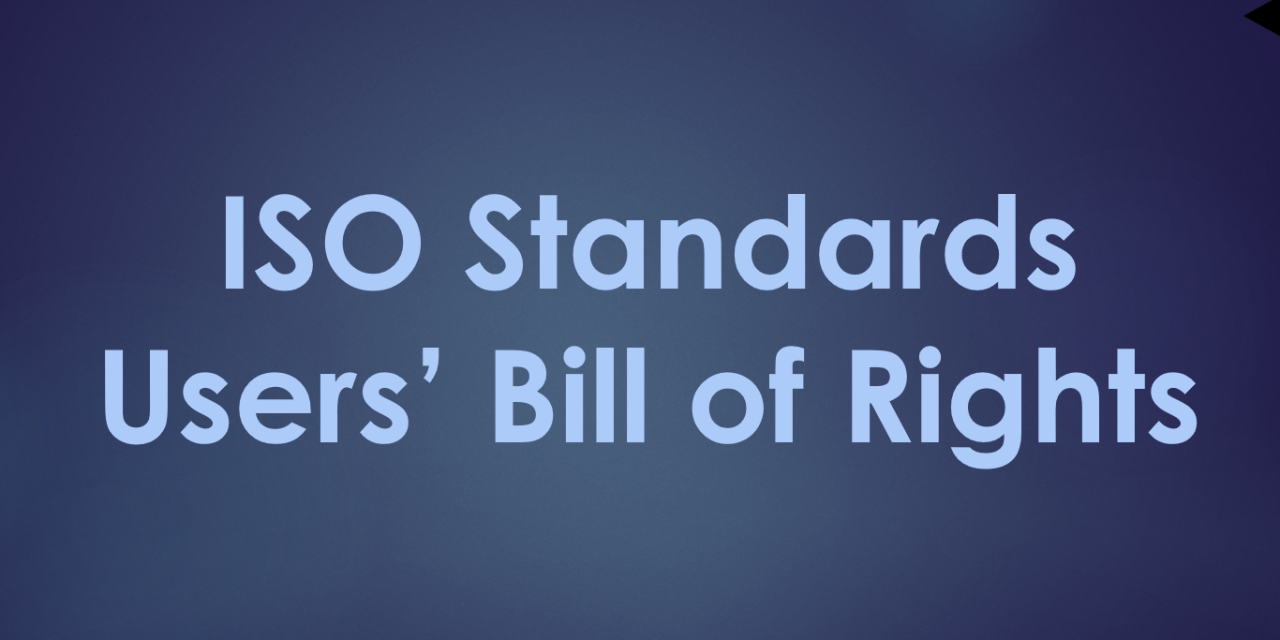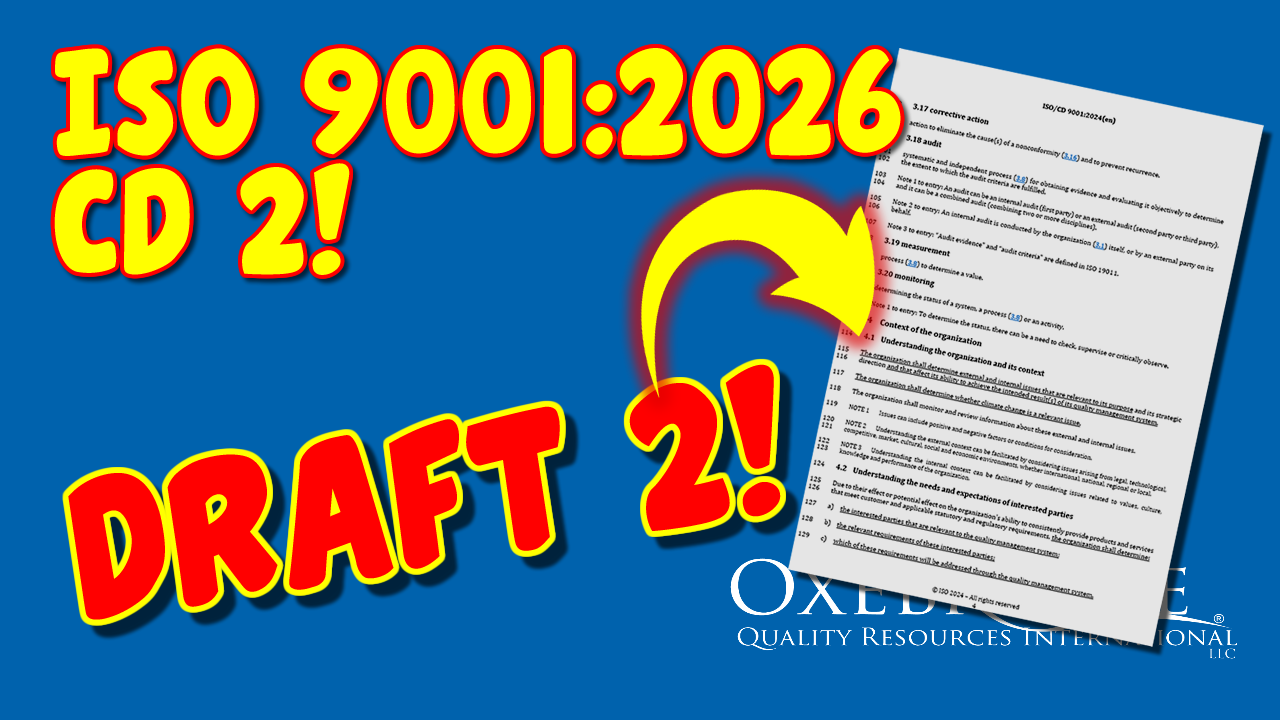Oxebridge Quality Resources International has released the final, approved version of the ISO Standards Users’ Bill of Rights.
This project was launched in January of 2024 and is the culmination of contributions from representatives of 32 ISO member nations. A formal draft was circulated in April for public comment.
The Bill of Rights aims to improve the distribution and use of ISO standards by reducing conflicts of interest in standards development, improving the content of standards to ensure they are actionable, and removing financial and other barriers that currently limit access to standards.
As ISO standards are increasingly incorporated into national and international laws, free access to standards becomes an obligation to ensure that citizens and organizations can comply with these laws. Despite this, ISO has added increasingly burdensome and restrictive rules for access to its standards, through unjustified price increases and draconian copyright restrictions. ISO does not actually develop the standards; instead, it relies on unpaid volunteers to submit intellectual property to it. ISO then retains all rights for that intellectual property, going so far as to charge licensing fees back to the people and organizations that wrote the text.
The result has been a decrease in the use of ISO standards alongside a proliferation of “updated” standards that contain overly complicated text, made-up terms, and unproven concepts. This, then, has added confusion and complexity to implementation and conformity assessment activities associated with the standards.
The ISO Standards Users’ Bill of Rights would force ISO to take ten specific steps to reverse these trends and return usability and accessibility to its standards for the benefit of the world. These are:
- Standards must be free and accessible.
- The content of standards must be developed by verified subject matter experts.
- The content of standards must be developed through true consensus of the subject matter experts.
- Standards development & publication must be free from conflicts of interest that compromise this Bill of Rights.
- Published standards must be made available in the languages of those using them.
- Standards must be based on concepts, theories, practices, and approaches that are proven and currently in use.
- The content of standards must be limited to the subject matter defined by the scope of the standard.
- Non-technical standards must be written so they are understandable and actionable by a reasonable adult user.
- Standards must be validated before final publication.
- Standards must only be revised when changes to the subject matter justify such changes.
Users are encouraged to download the Bill of Rights and circulate it among their national standards developers, standards publishing organizations, trade associations, and trade journals. Users are also urged to press ISO to formally adopt the ten points listed therein.
The document is available for download in PDF format here.








